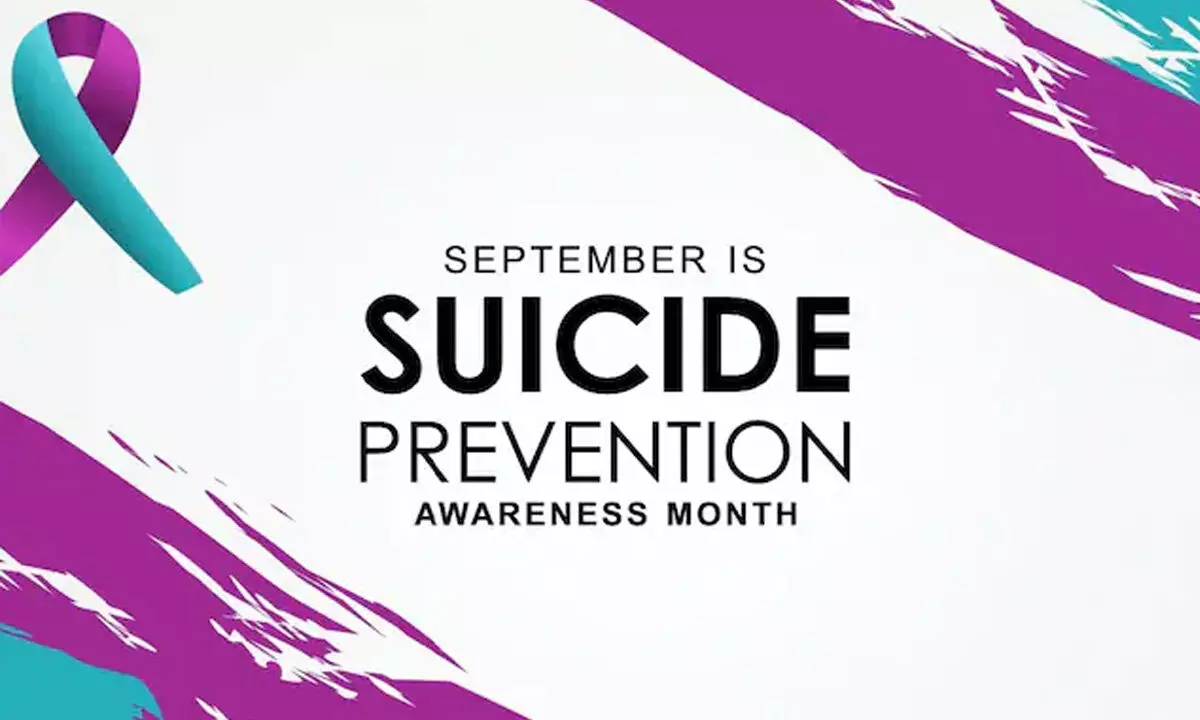The Role of Personal Relationships in Mental Health and Suicide Prevention

Personal relationships play a vital role in mental health and suicide prevention
Personal relationships play a vital role in mental health and suicide prevention. Strong social connections, whether through family, friends, or romantic partners, can provide emotional support, foster resilience, and act as a protective barrier against mental health struggles. Here's how these relationships impact mental health and contribute to suicide prevention:
1. Emotional Support and Stability
Personal relationships offer emotional comfort during difficult times. Having someone to share your thoughts and feelings with can reduce feelings of loneliness and isolation. A listening ear or a compassionate presence can often make a significant difference in managing stress, anxiety, or depression. Individuals with strong support systems are more likely to feel valued and understood, which is essential for maintaining mental well-being.
2. Encouragement to Seek Help
Trusted relationships can motivate individuals to seek professional help when needed. Often, people struggling with mental health issues hesitate to reach out for fear of judgment or stigma. Close friends or family members can play a crucial role in encouraging and facilitating access to therapy or counseling, reminding them that seeking help is not a sign of weakness.
3. Buffer Against Stress and Negative Emotions
Healthy relationships provide a buffer against life’s challenges. When faced with job stress, financial problems, or personal loss, people who have supportive networks are less likely to feel overwhelmed by negative emotions. This emotional buffering can reduce the risk of developing severe mental health conditions such as depression or anxiety, both of which are linked to suicide risk.
4. Prevention of Social Isolation
Social isolation is a significant risk factor for suicide. People who lack meaningful relationships may feel disconnected from others and may experience feelings of worthlessness or hopelessness. Maintaining personal connections can mitigate these feelings and offer a sense of belonging. Regular interaction with loved ones reinforces that an individual is not alone in their struggles.
5. Providing a Sense of Purpose
Personal relationships often give individuals a sense of purpose and responsibility. Being part of a family, group of friends, or romantic relationship can remind individuals that they matter to others, fostering a sense of obligation to maintain their well-being for the sake of their loved ones. This purpose can act as a powerful deterrent to suicidal thoughts.
6. Early Detection of Warning Signs
Close friends and family members are often the first to notice subtle changes in behavior, mood, or habits that may signal mental health concerns. Loved ones can spot early warning signs of suicidal thoughts, such as withdrawal, increased substance use, or drastic mood swings. Recognizing these changes allows for timely intervention, which can be lifesaving.
7. Creating a Safe Space for Vulnerability
Healthy personal relationships create a safe space for vulnerability, where individuals feel comfortable expressing their struggles without fear of judgment. Open communication can be a powerful tool in suicide prevention, as individuals are more likely to share their thoughts of distress if they feel they will be met with compassion rather than criticism.
Personal relationships are fundamental to mental health and suicide prevention. By offering emotional support, fostering a sense of belonging, and promoting open communication, these relationships can help individuals navigate mental health challenges and reduce the risk of suicide. Building and maintaining strong, supportive relationships should be seen as an essential component of overall mental well-being.


















